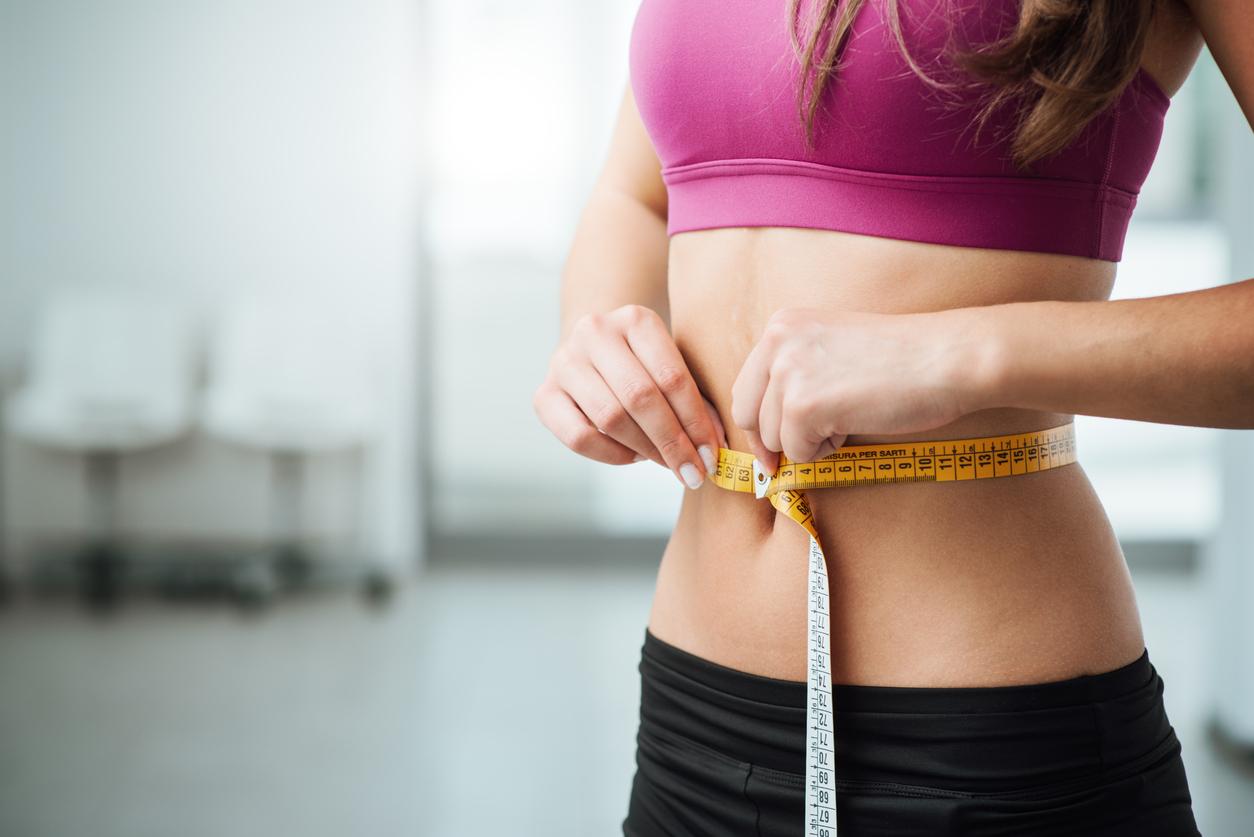Dietician reveals perfect amount of protein needed to lose weight
It turns out, calories aren't the be-all and end-all of dieting

Your support helps us to tell the story
From reproductive rights to climate change to Big Tech, The Independent is on the ground when the story is developing. Whether it's investigating the financials of Elon Musk's pro-Trump PAC or producing our latest documentary, 'The A Word', which shines a light on the American women fighting for reproductive rights, we know how important it is to parse out the facts from the messaging.
At such a critical moment in US history, we need reporters on the ground. Your donation allows us to keep sending journalists to speak to both sides of the story.
The Independent is trusted by Americans across the entire political spectrum. And unlike many other quality news outlets, we choose not to lock Americans out of our reporting and analysis with paywalls. We believe quality journalism should be available to everyone, paid for by those who can afford it.
Your support makes all the difference.When it comes to losing weight, most of us are concerned with calorie intake - but one expert says it could be time to look elsewhere.
According to Alexandra Miller, a corporate dietician, protein should be your focus.
Why? It turns out that eating adequate protein is essential to your weight-loss success as it keeps you feeling fuller for longer, repairs muscle tissue and ups your energy levels.
So how much should you be eating?
Speak to Pop Sugar, Miller revealed that while everyone’s body and diet is different, there is a magic formula when it comes to your protein intake that could help you shift those stubborn pounds.
“Protein needs are based on body weight or, in some instances, a percentage of calories,” but as a rule, the minimum recommended dietary allowance for protein is “about 0.4 grams of protein per pound for women.”
That being said, if you want to slim down she recommends increasing it by about 50 per cent.
That means, for every pound you weigh, you should be eating around 0.54 to 0.68 grams of protein each day.
For the average woman in the UK who weighs in at 11 stone, that’s anywhere between a whopping 83g to 104g.
Miller insists that this shift in added grams of protein will “help promote lean muscle mass retention during weight loss, particularly when coupled with strength-training exercises,” as well as help you get better control over your appetite.
She also insists that it’s important to consider where you’re getting your protein from as, not all sources are created equally.
“Remember, in order to lose weight, there needs to be a caloric deficit; therefore, look for lean sources of protein that are rich in vitamins, minerals, and other health-promoting nutrients,” she adds.
In this case, eating lean meats like chicken, egg whites, milk, fish and nuts and seeds are a healthy go-to.
You should also adjust the rest of your diet accordingly, reducing your fat and carbohydrate intake and swapping them out for better options like olive oil, avocado, whole grains and starchy vegetables.
Join our commenting forum
Join thought-provoking conversations, follow other Independent readers and see their replies
Comments